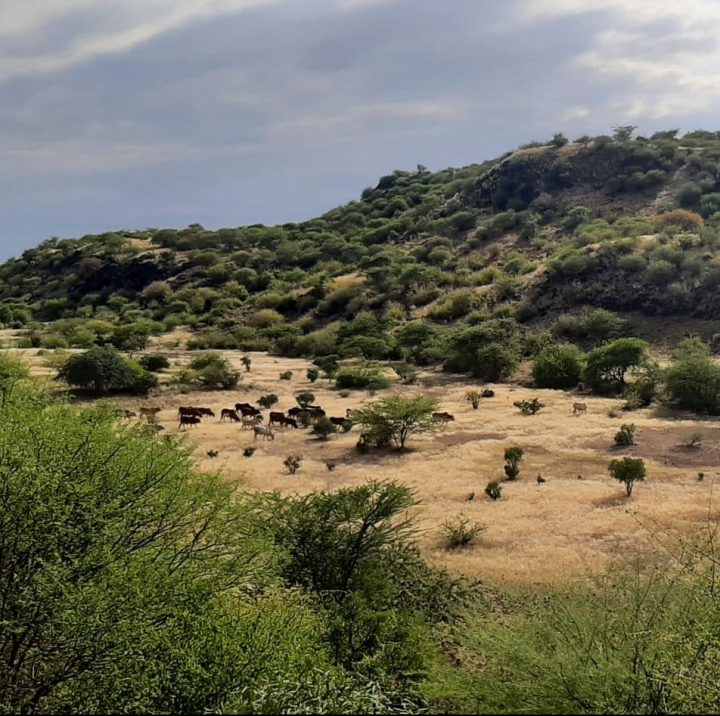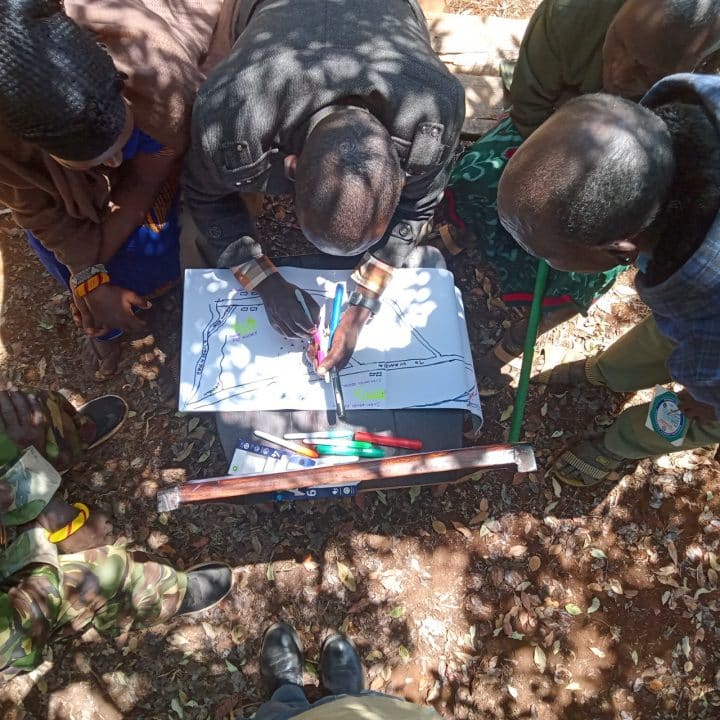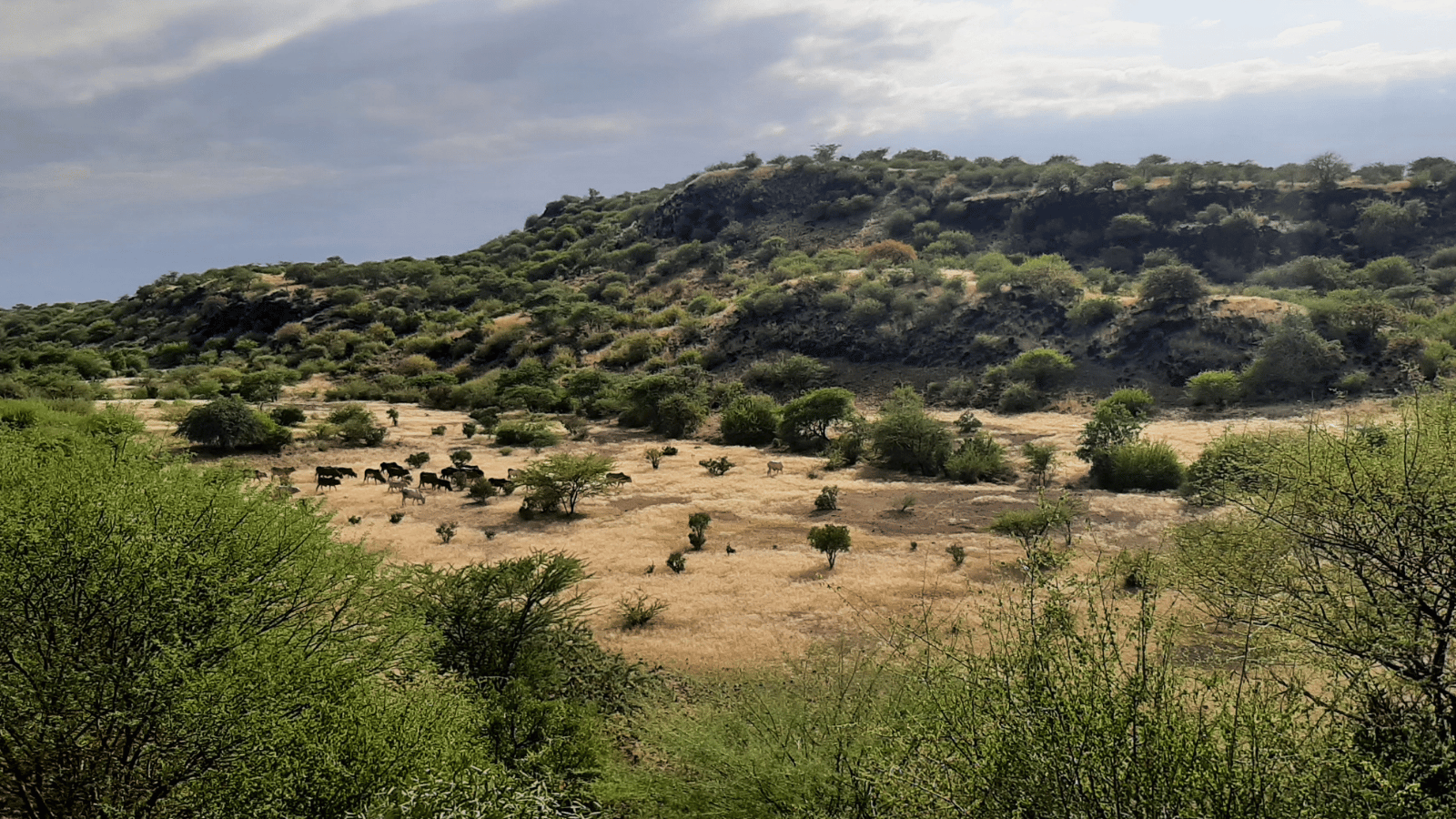In this series, Edwige Marty, a PhD candidate at the Norwegian University of Life Sciences, explores the concept of climate resilient development and together with humanitarian actors, scholars, development practitioners, community leaders and civil society actors discusses the implications of climate resilient development for humanitarian policy and action.
This series aims to bridge new perspectives on climate resilience with debates on humanitarian response and the need for more sustainable and holistic responses to aid and disaster relief. Three case studies in the Kenyan dry lands are used to explore the dimensions of the enabling conditions that underpin climate resilient development.
The concept of climate resilient development has been brought to the fore over the last decade and most recently in the latest Intergovernmental Panel on Climate Change (IPCC) Sixth Assessment report, released in 2022. Climate resilient development calls for both climate risk and sustainable development to be at the centre of development.
You can listen to all episodes on our website below or on Spotify, Apple and Anchor.

In the first episode, Siri Eriksen (Professor, Norwegian University of Life Sciences and a lead author in the IPCC Sixth Assessment report, Working Group II) explains the concept of climate resilient development and how this can help to reconsider current and future humanitarian responses. The episode also includes a discussion on local humanitarian and development realities with Steiner Sempeta, a community leader from Olkiramatian, a Maasai communal land in Kajiado county, southern Kenya. Image credit: Edwige Marty.
In this second episode, Edwige explores recurring difficulties in operationalising inclusive long-term climate change programs and humanitarian responses in Turkana, Kenya with Dennis Ochieng Ong’ech (PhD candidate, University of Nairobi).

In this third episode, Edwige meets with Jackson Wachira (PhD candidate, University of Nairobi) to examine the historic realities and enduring narratives on the arid and semi-arid lands in Kenya, as well as the changing conflict and livelihood dynamics in Samburu which are affecting humanitarian and climate change efforts. Image credit: Jackson Wachira.
In this fourth and final episode, Edwige together with Halvard Buhaug (Research Professor, Peace Research Institute Oslo and Professor, Norwegian University of Science and Technology), Rahma Hassan (PhD candidate, University of Nairobi and University of Copenhagen) and Siri Eriksen (Professor, Norwegian University of Life Sciences) discuss links between conflicts, climate change and humanitarian and development responses.
